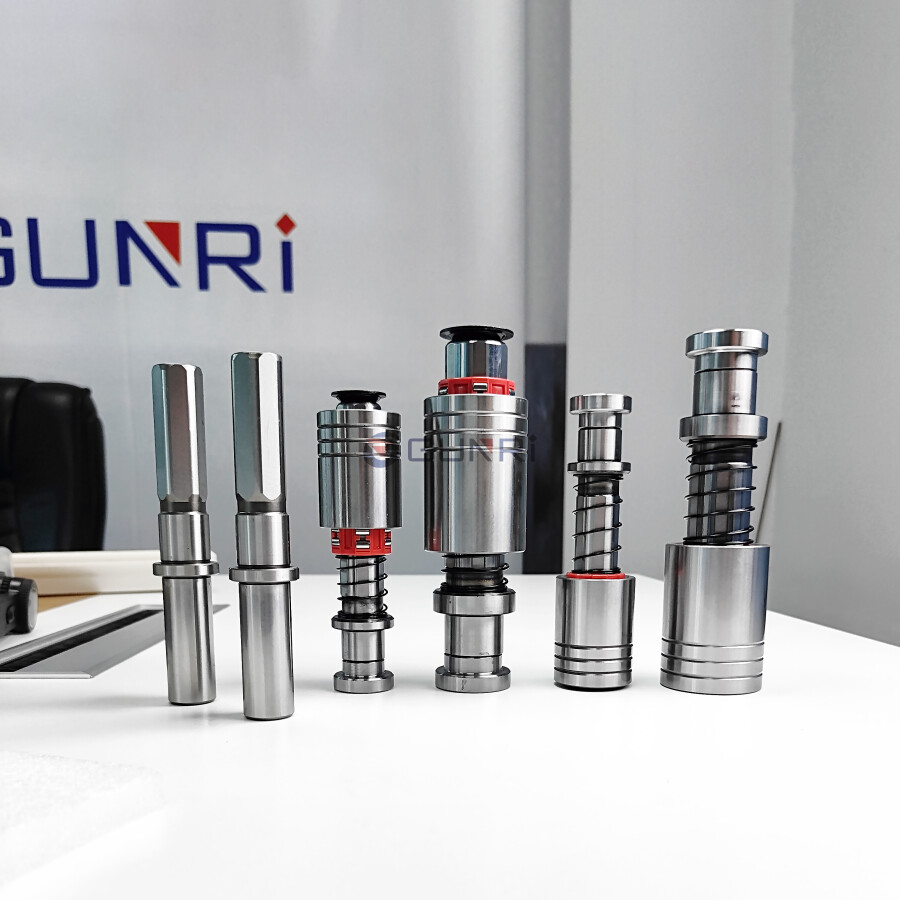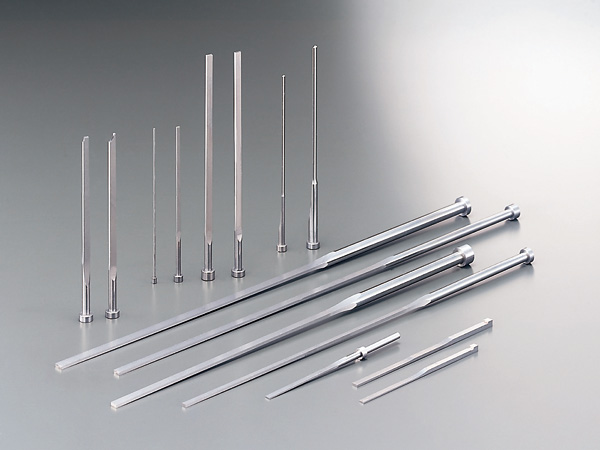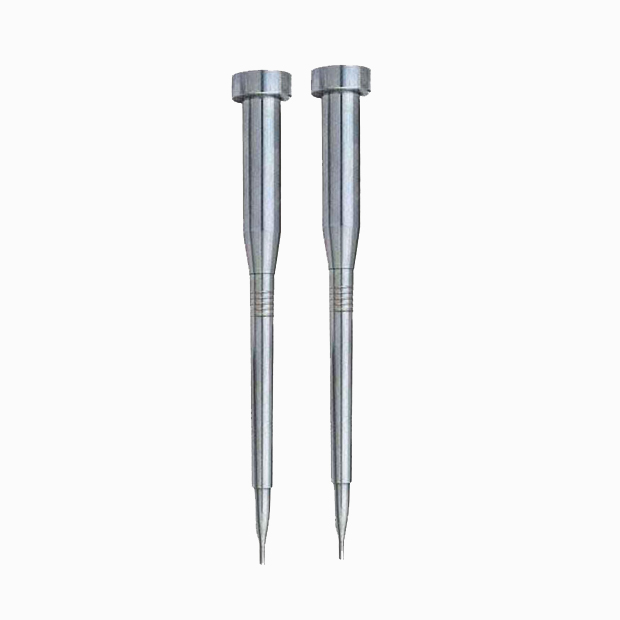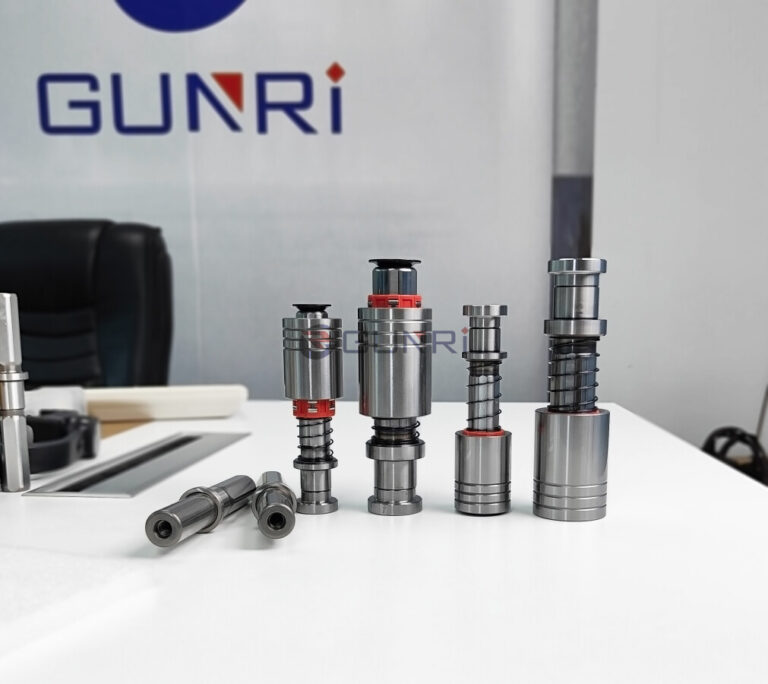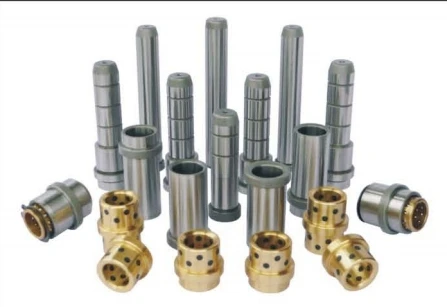Characteristics of Mold Accessory Processing Machine Tools
Mold accessory processing machine tools possess numerous characteristics that make them highly effective in the manufacturing and processing of molds. Below is a detailed explanation of these characteristics:
- Low Deformation Resistance:
- Mold accessory processing machine tools have a certain level of low deformation resistance, meaning that the material deforms minimally during processing, which helps maintain high precision.
- The temperature range within which these machines operate is such that temperature fluctuations have minimal impact on material stability, aiding in precision maintenance.
- High Cutting Volume and Low Wear:
- These machine tools are designed to handle high cutting volumes, making them highly efficient for processing large pieces of material or complex shapes.
- Due to the optimized materials and design of the machine tools, the wear rate is low, which not only extends the tool life but also reduces maintenance frequency and costs.
- The surface roughness of the processed parts is low, resulting in high-quality mold surfaces that enhance the quality and longevity of the finished products.
- Uniform Quenching Surface Hardness:
- After quenching, the surface of mold accessory processing machine tools has high and uniform hardness. This enables the molds to withstand high stress and repetitive use without significant wear or deformation.
- Uniform surface hardness ensures that every part of the mold exhibits consistent performance, reducing the likelihood of defects during production.
- Requirements for Grinding Wheel Quality and Cooling Environment:
- For precision machining, these machine tools require high-quality grinding wheels. High-quality grinding wheels ensure the surface finish and accuracy of the machined parts.
- The cooling environment is crucial during the machining process. A stable cooling environment prevents overheating and thermal deformation, improving machining accuracy and surface quality.
- Although unstable cooling environments can affect machining quality, high-quality mold accessory processing machine tools can mitigate this impact to some extent, ensuring that damage and cracking are less likely to occur during machining.
- High Precision and Stability:
- These machine tools generally exhibit high precision and stability, making them suitable for machining mold components that require strict tolerances and high surface quality.
- Precision mold processing machines perform exceptionally well at micron-level accuracy, suitable for molds requiring extremely high precision.
- Versatility and Adaptability:
- These machine tools are often multifunctional, capable of performing various machining operations such as drilling, milling, and grinding, meeting different mold processing needs.
- They are highly adaptable, capable of machining various materials, including steel, aluminum, copper, and high-hardness alloys.
In summary, the characteristics of mold accessory processing machine tools make them indispensable in the mold manufacturing industry, effectively enhancing production efficiency, ensuring product quality, and reducing costs.

